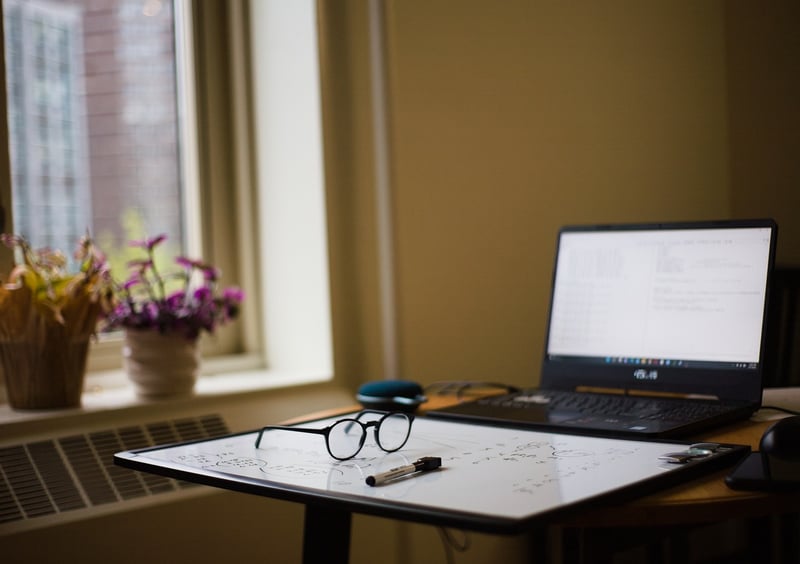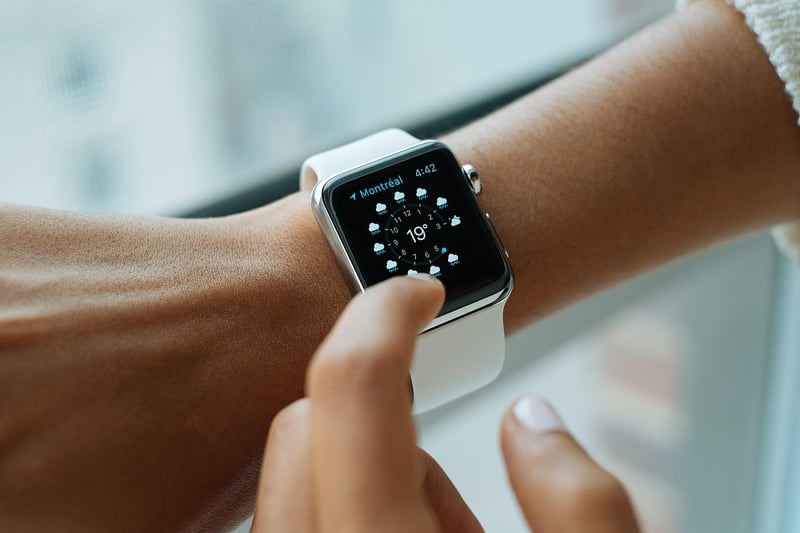Screen Time Management
Strategies for Reducing Digital Overload and Effective Screen Time Management
In today's digital age, it's easy to get overwhelmed by the constant stream of information and notifications that come from our devices. Whether it's checking social media, replying to emails, or binge-watching the latest TV series, excessive screen time can lead to digital overload and negatively impact our well-being. Here are some practical strategies to help you reduce digital overload and manage your screen time effectively:
1. Set Clear Boundaries
Establish specific times during the day when you can use your devices and stick to them. Setting boundaries will help you create a healthy balance between screen time and other activities.
2. Turn Off Notifications
Disable unnecessary notifications on your phone and computer to reduce distractions. By limiting interruptions, you can focus better on tasks at hand and avoid getting overwhelmed by constant alerts.
3. Practice Mindful Consumption
Avoid mindlessly scrolling through social media feeds or binge-watching content. Be mindful of how you use your devices and allocate time for purposeful activities that add value to your life.
4. Take Regular Breaks
Give yourself short breaks throughout the day to rest your eyes and mind. Stepping away from screens periodically can help reduce eye strain and prevent mental fatigue.
5. Engage in Offline Activities
Find hobbies or activities that don't involve screens, such as reading a book, going for a walk, or practicing a creative pursuit. Balancing screen time with offline experiences is essential for your overall well-being.
6. Use Screen Time Tracking Apps
Consider using apps or built-in features that track your screen time usage. These tools can provide insights into your digital habits and help you make informed decisions about reducing excessive screen time.
7. Create Tech-Free Zones
Designate certain areas in your home, such as the bedroom or dining table, as tech-free zones. Establishing boundaries around where you can use devices can promote better sleep and enhance real-life interactions.
By implementing these strategies and being mindful of your screen time habits, you can take control of digital overload and create a healthier balance between technology use and personal well-being.

Remember, moderation is key when it comes to screen time. Take proactive steps to manage your digital consumption and prioritize activities that nourish your mind and body.
Embrace a more balanced approach to technology use and enjoy the benefits of a healthier relationship with your devices.
